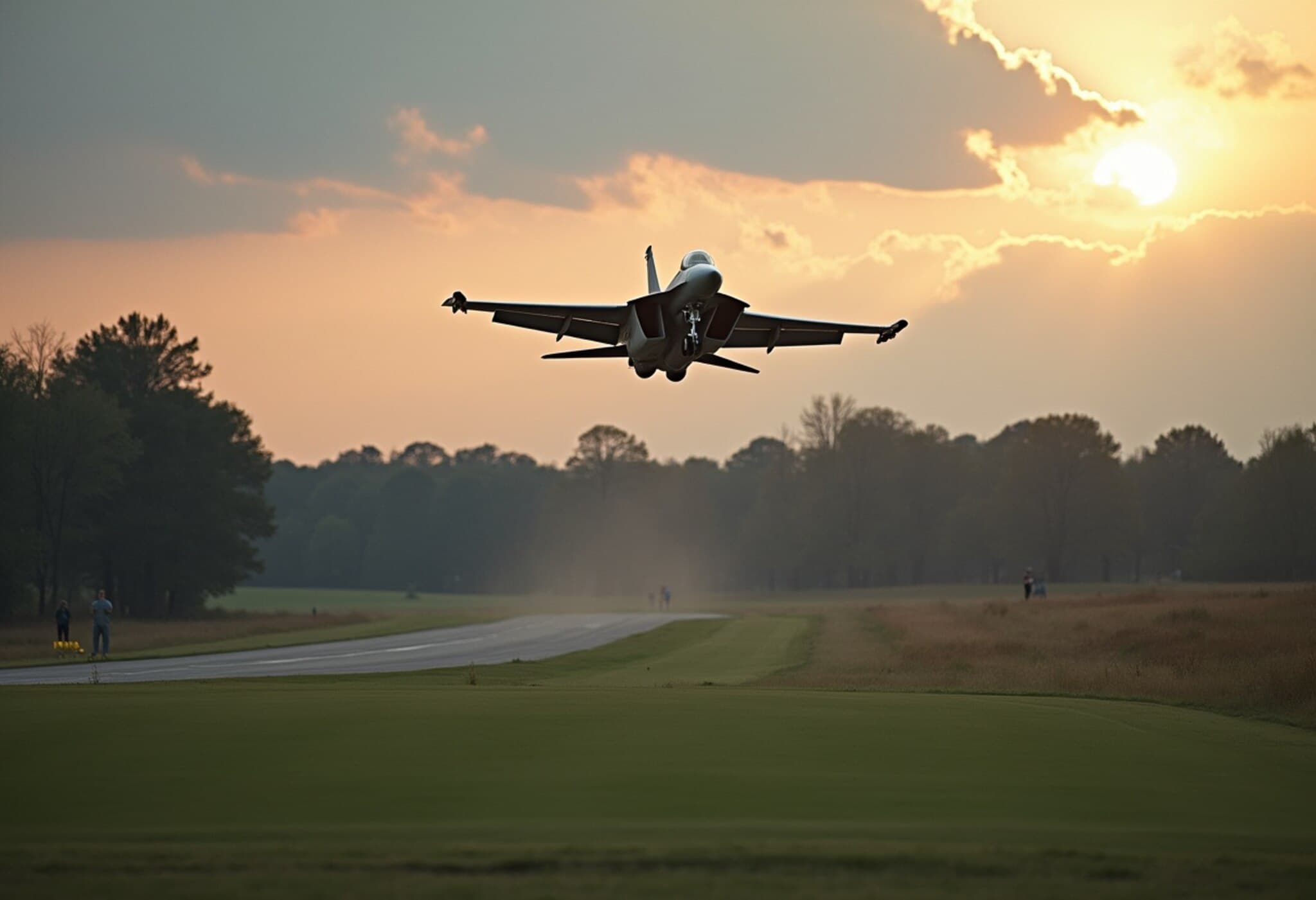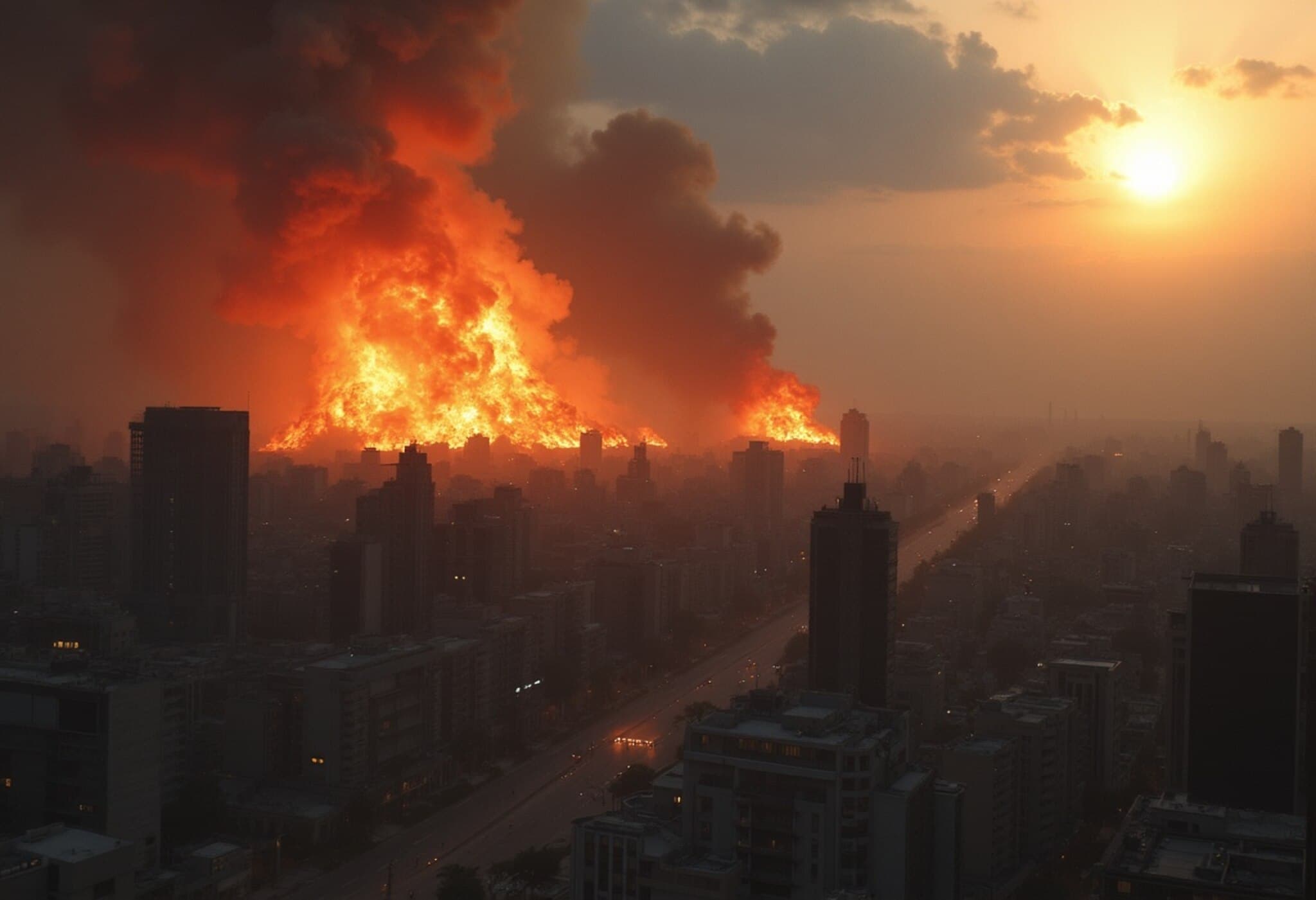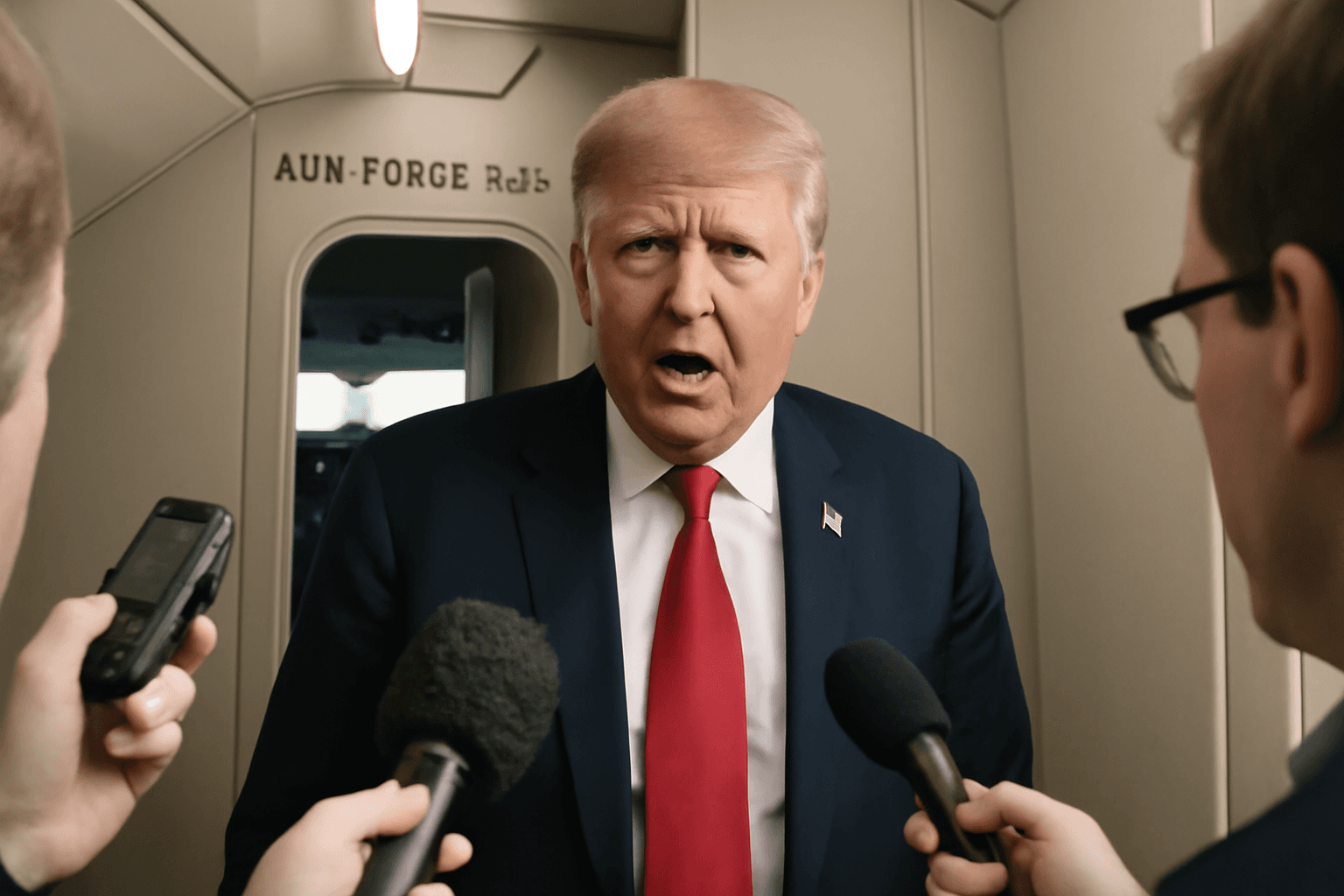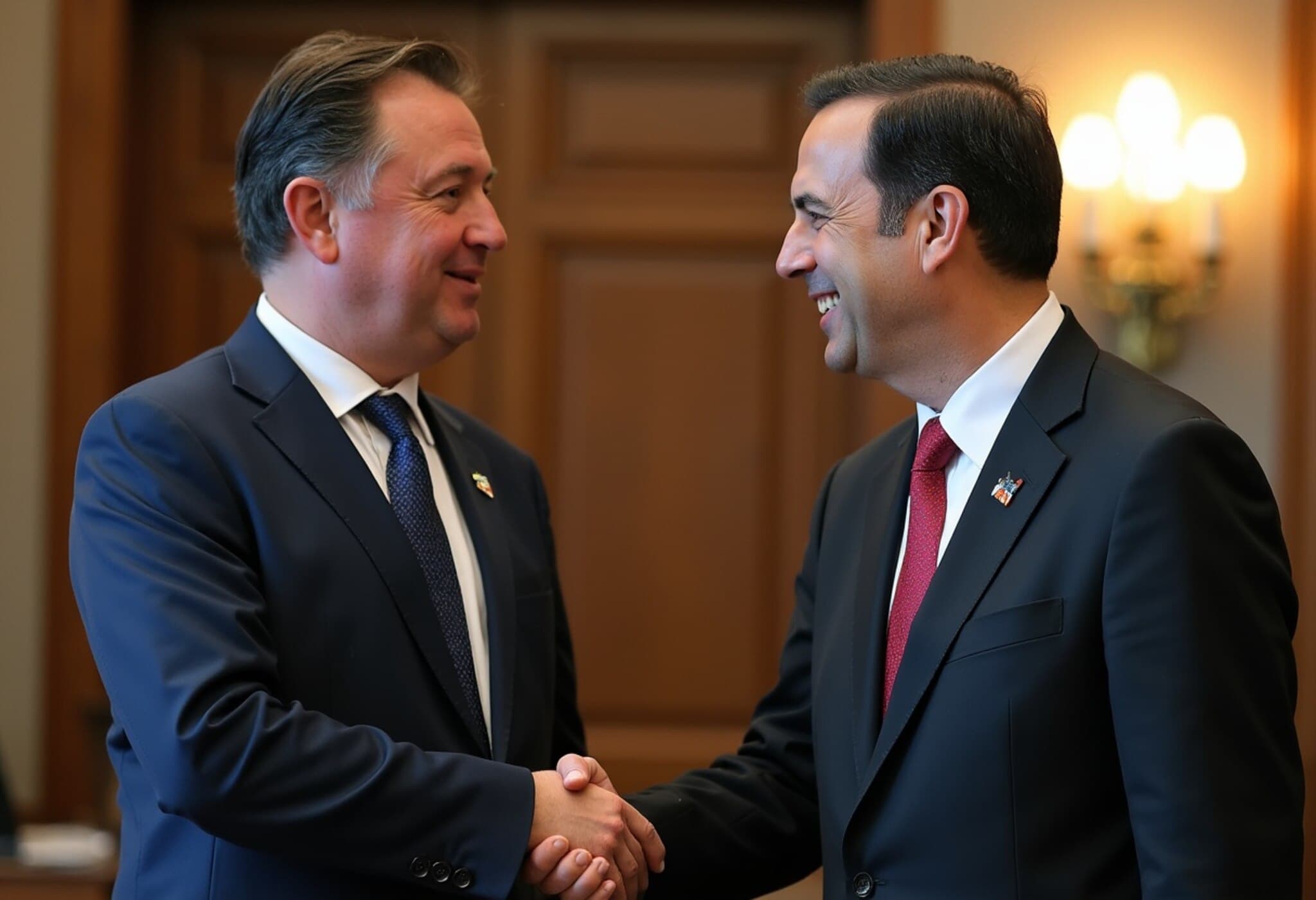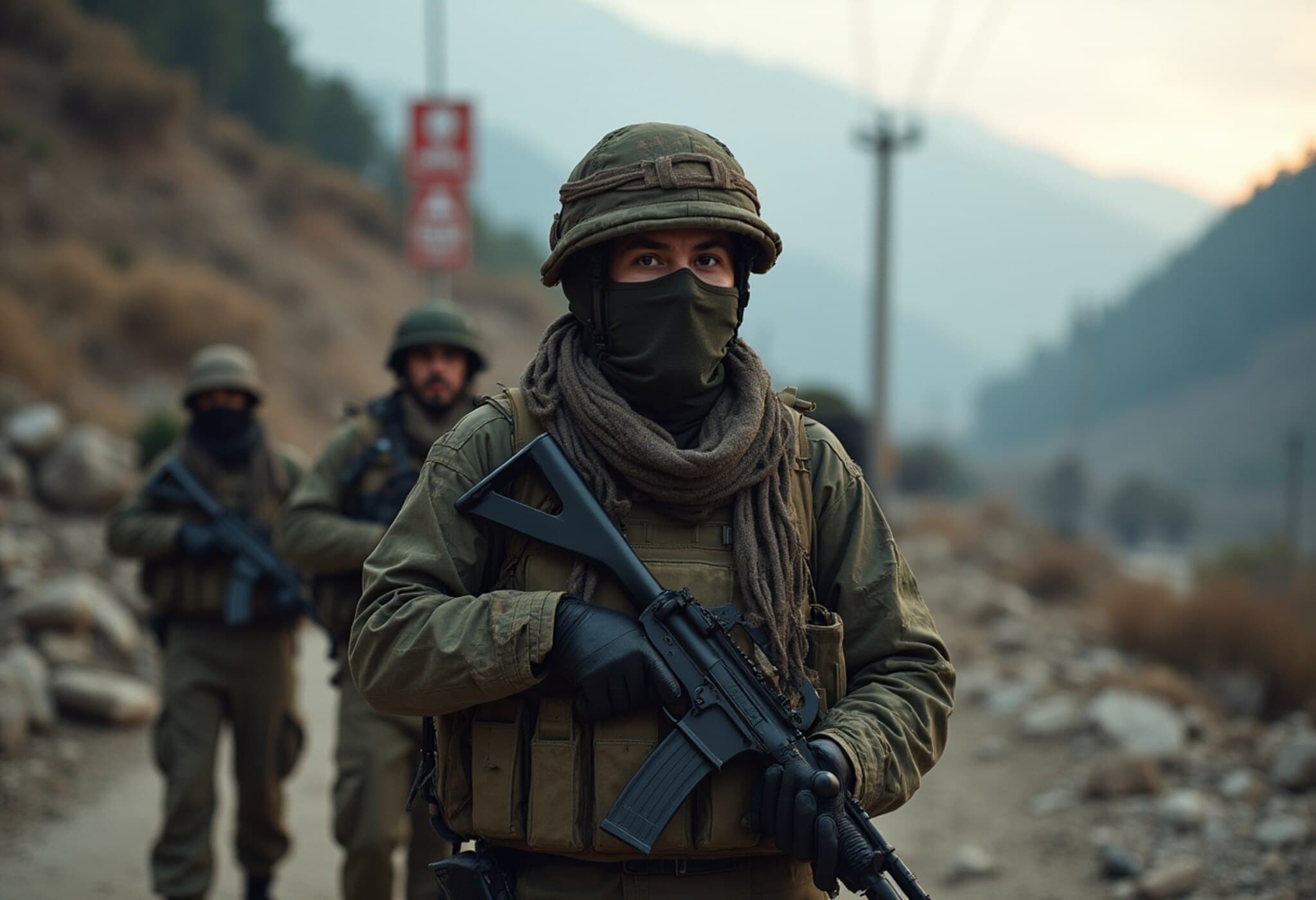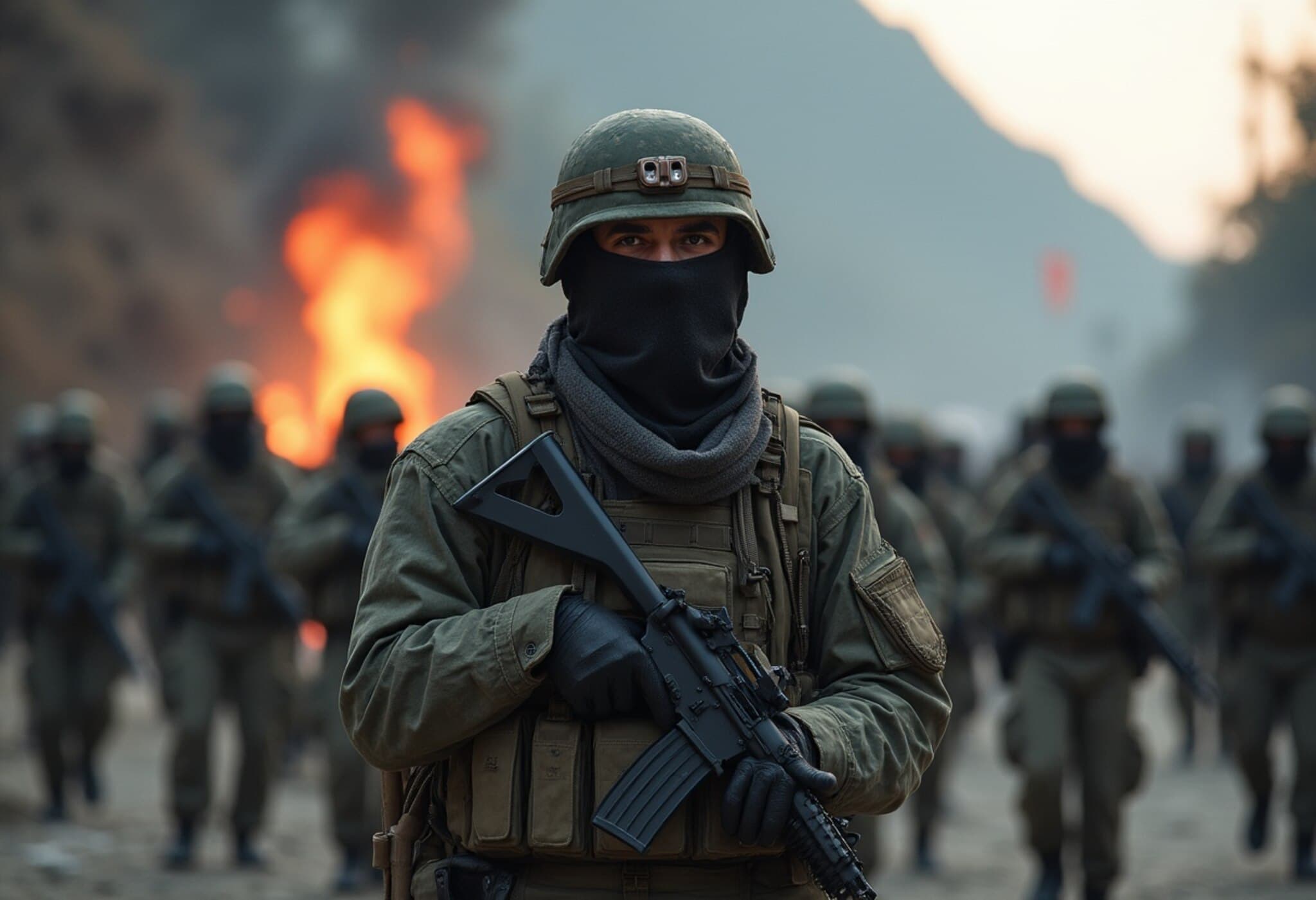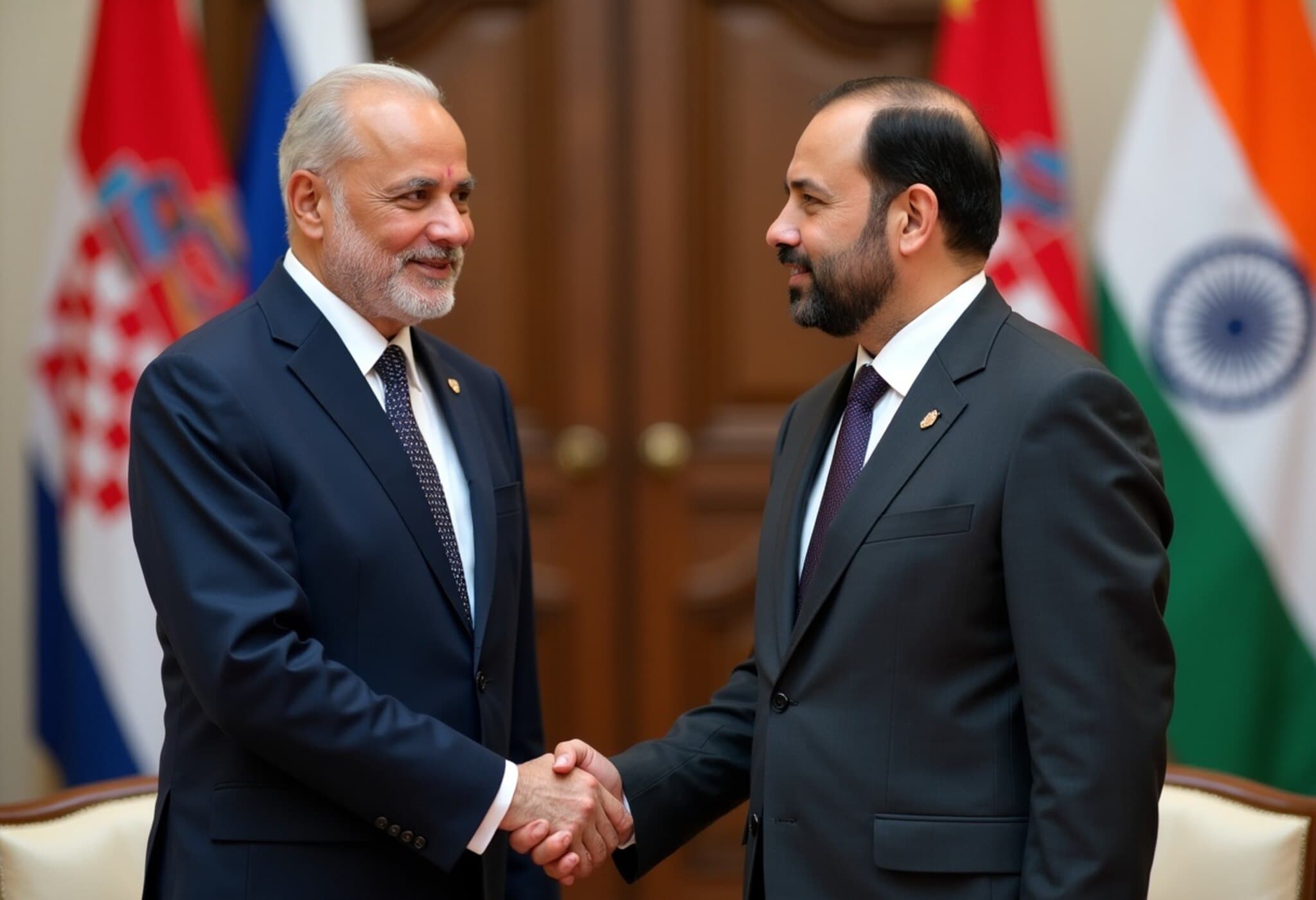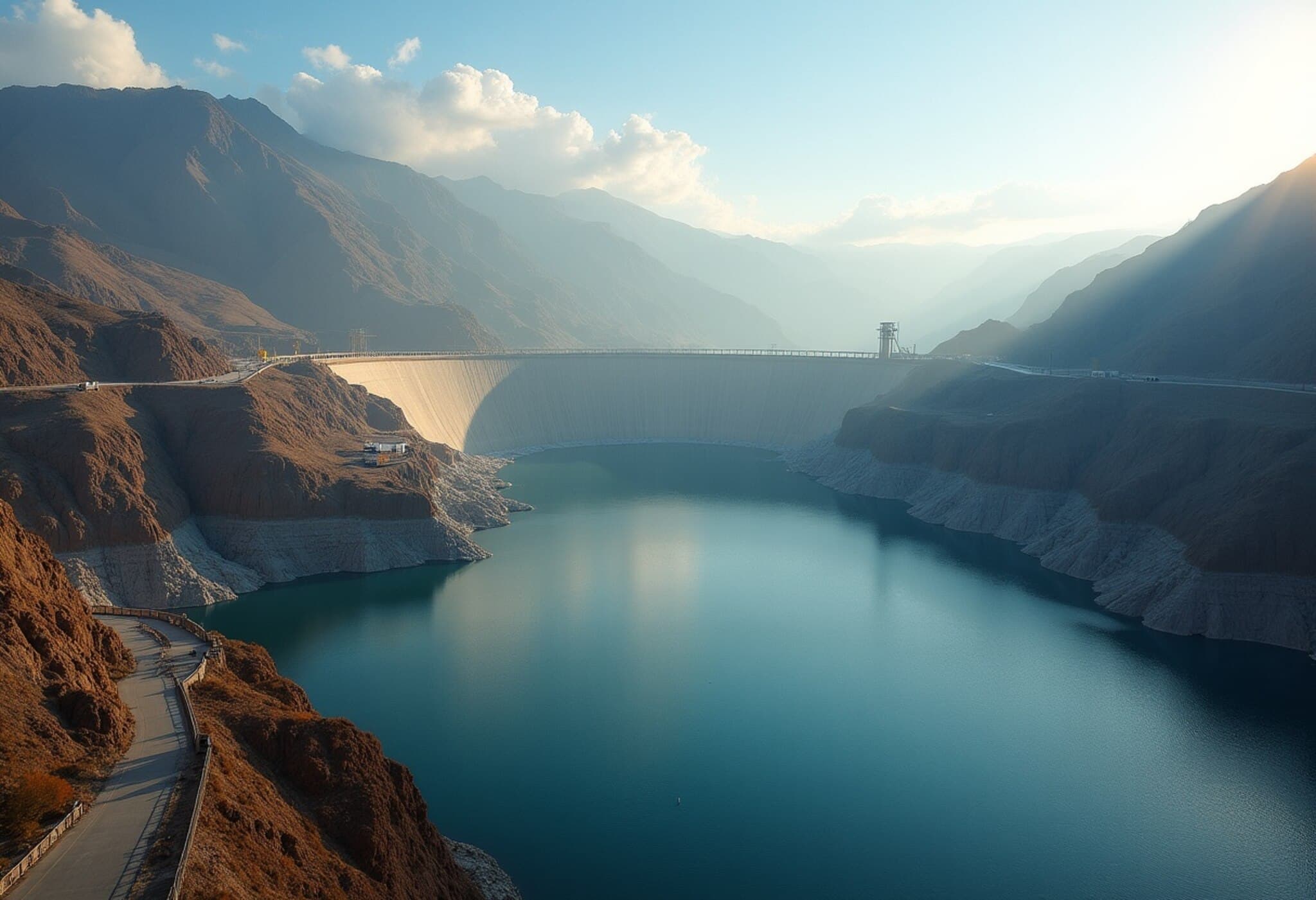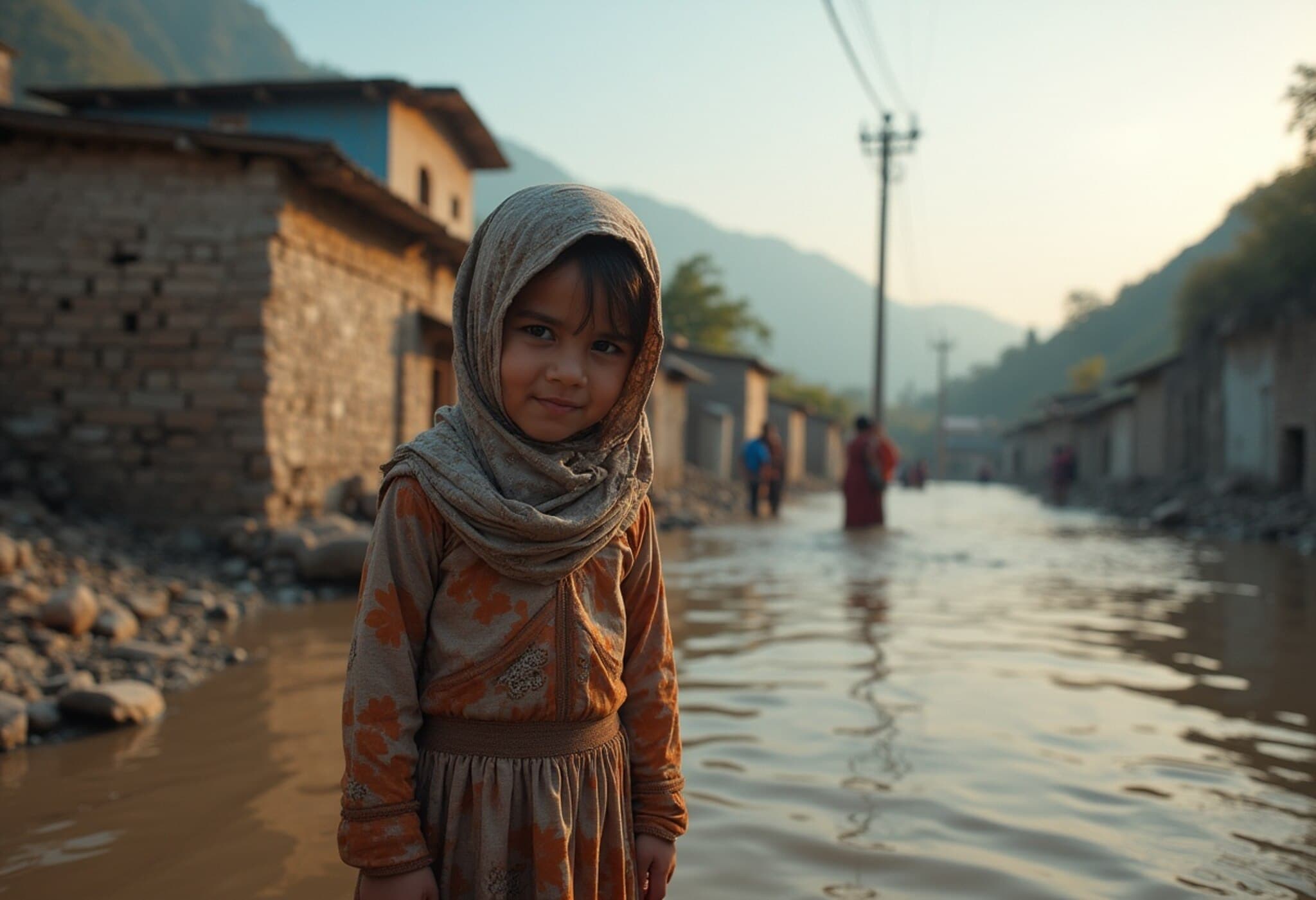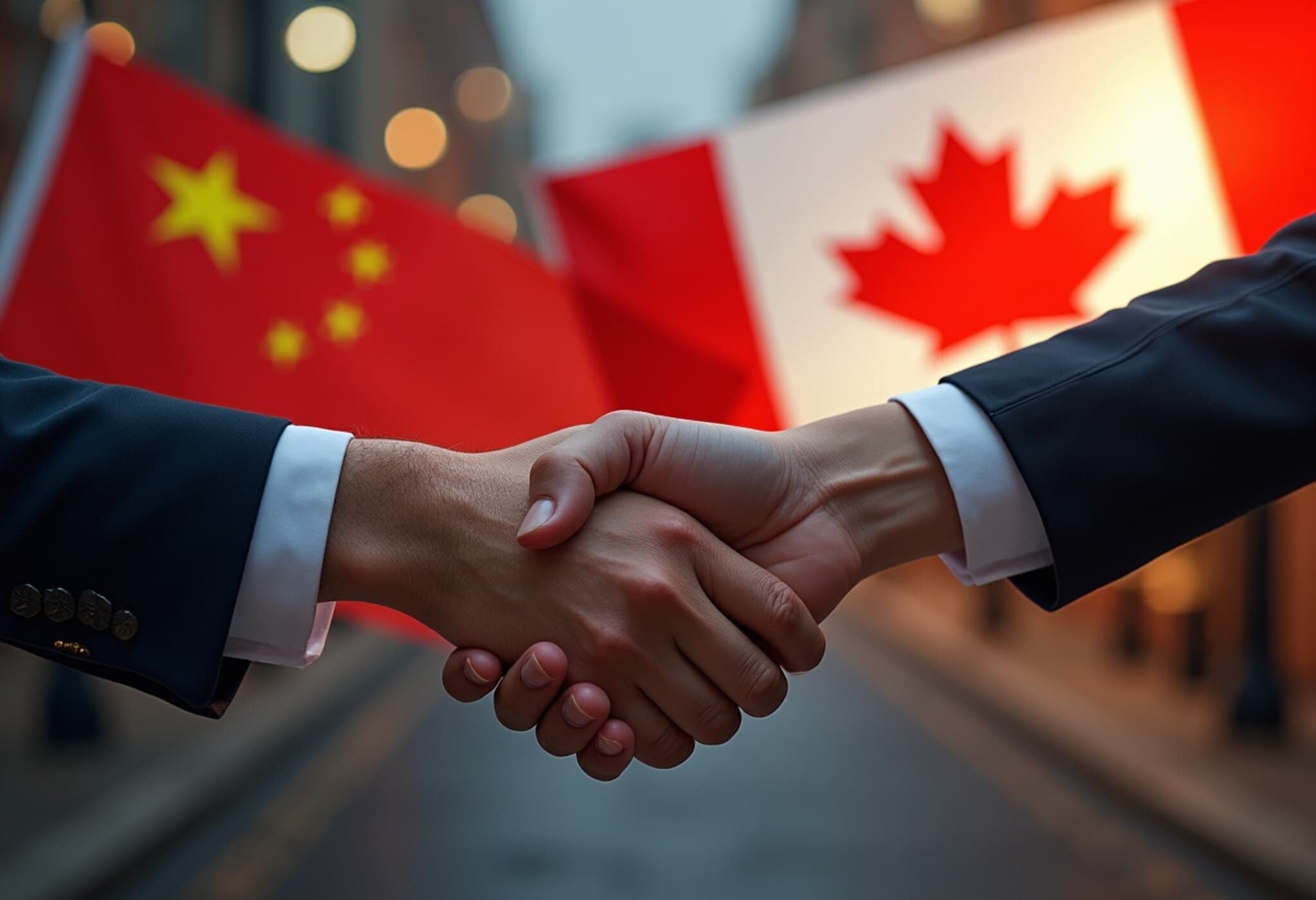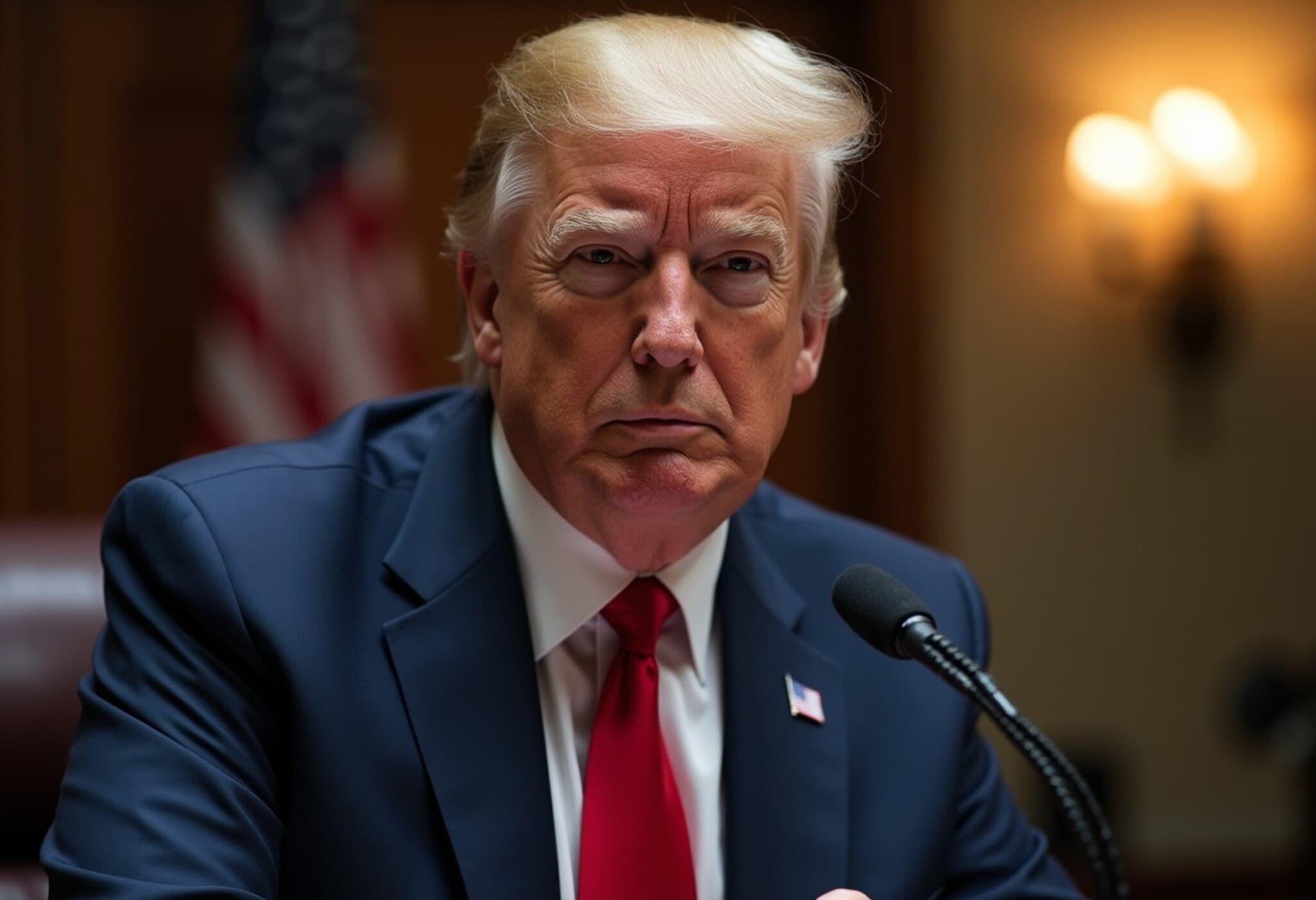US Designates The Resistance Front as Foreign Terrorist Organization
In a significant move aimed at curbing militancy in South Asia, the US Department of State recently designated The Resistance Front (TRF) as a Foreign Terrorist Organization (FTO) and a Specially Designated Global Terrorist (SDGT). This decision comes in the aftermath of the brutal terror attack in Pahalgam, Jammu & Kashmir, which tragically claimed the lives of 26 civilians on April 22, 2025.
A Proxy Group with Links to Lashkar-e-Tayyiba
TRF, often described as a proxy or front for the banned Pakistani militant group Lashkar-e-Tayyiba (LeT), has been implicated in escalating violence in the Kashmir region. India's government has long maintained that TRF functions as a facade to carry out terrorist activities while circumventing international scrutiny directed at LeT.
China’s Response: A Call for Regional Cooperation Amid Caution
China responded cautiously to the US designation, calling on regional stakeholders to strengthen counterterrorism collaboration and jointly ensure security and stability across South Asia. At a press briefing in Beijing, Foreign Ministry spokesperson Lin Jian emphasized that China "firmly opposes all forms of terrorism and strongly condemns the April 22 terrorist attack," while advocating for a multilateral approach to addressing terrorism challenges.
China’s position reflects its broader geopolitical strategy of promoting regional frameworks and balancing diplomatic ties with both India and Pakistan amid ongoing tensions in Kashmir.
International Ramifications and UN Security Council Dynamics
The US move is anticipated to influence deliberations within the UN Security Council (UNSC), particularly the 1267 Sanctions Committee responsible for counterterrorism designations and sanctions enforcement. Notably, several Pakistani terrorist organizations, such as LeT, Jaish-e-Mohammed (JeM), and Jamaat-ud-Dawa (JuD), alongside key figures like Hafiz Saeed, are already listed under UNSC's 1267 sanctions regime.
However, the recent UNSC statement condemning the Pahalgam attack conspicuously omitted references to TRF and LeT following objections from Pakistan and China, highlighting the political sensitivities that often complicate collective global action against terrorism.
Ground Realities and Military Responses
Following the attack, India launched Operation Sindoor on May 7, targeting terrorist infrastructure across Pakistan and Pakistan-occupied Kashmir. This military operation marked an intensified effort by India to disrupt cross-border terror networks.
The ensuing cross-border hostilities, including drone and missile exchanges, persisted for four days before both nations agreed on May 10 to cease fire, underscoring the fragile nature of peace in the region.
Expert Insight: Implications for Regional Security
The US designation of TRF as a global terrorist organization signals an important step towards recognizing and combating emerging militant cadres. As a policy analyst specializing in South Asian security issues, I observe that such international designations not only constrain terrorist financing and access but also bolster diplomatic leverage for countries like India seeking global support against cross-border terrorism.
Nevertheless, the reluctance of influential actors like China and Pakistan to unequivocally name groups such as TRF reflects the complexities of regional politics and the challenges in forging unified counterterrorism strategies. Moving forward, fostering constructive dialogue among all stakeholders remains essential for durable peace.
Conclusion: Navigating Towards Stronger Anti-Terror Cooperation
The evolving narrative around TRF’s designation underscores the urgent need for a concerted and coordinated regional approach to counterterrorism. Nations must reconcile geopolitical interests with collective security imperatives to effectively stem the tide of militancy impacting millions in South Asia.
What Lies Ahead?
- Will the UN Security Council adopt TRF into its sanctions framework, tightening international constraints?
- Can regional powers transcend geopolitical rivalries to build sustainable counterterrorism partnerships?
- How will this designation influence on-the-ground operations against terror networks and the broader Kashmir dispute?
Editor's Note
This development marks a pivotal junction in South Asian counterterror dynamics, highlighting both progress and persistent hurdles. While the US action lends fresh momentum to the global fight against terrorism, responses from regional players reveal enduring sensitivities and strategic priorities. For policymakers and analysts alike, the challenge lies in balancing assertive security measures with diplomatic engagement to ensure peace and stability in this deeply contested and volatile region.




